Ground shipping is currently paused. Local deliveries throughout Long Island will continue as usual. Pre-orders for fall are now open. Non-local orders will begin shipping again in early September. Click here to learn more.
Ground shipping is currently paused. Local deliveries throughout Long Island will continue as usual. Pre-orders for fall are now open. Non-local orders will begin shipping again in early September. Click here to learn more.
| Size | |
|---|---|
| Common Name | |
| Type | |
| Family | |
| Native? | |
| Zone | 5, 6, 7, 8 |
| Height Range (ft.) | 15 to 30 |
| Spread (ft.) | 15 to 30 |
| Bloom Time | |
| Bloom Description | Pointed white floral bracts, Showy |
| Sun | |
| Water | |
| Maintenance | |
| Suggested Use | |
| Tolerate | |
| Growth Rate | |
| Attracts |
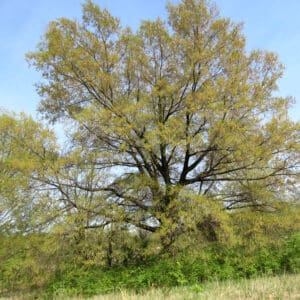
Kousa Dogwood is a small ornamental tree with late spring white blooms, attractive branching, and fall color, ideal for specimen and residential landscapes.
$264.99 – $299.99Price range: $264.99 through $299.99
Please note: Sizes 1.5 Gallon and up can’t be shipped outside the counties of Nassau, Suffolk, and Queens.
Learn more about how the process works and how our plants are delivered.
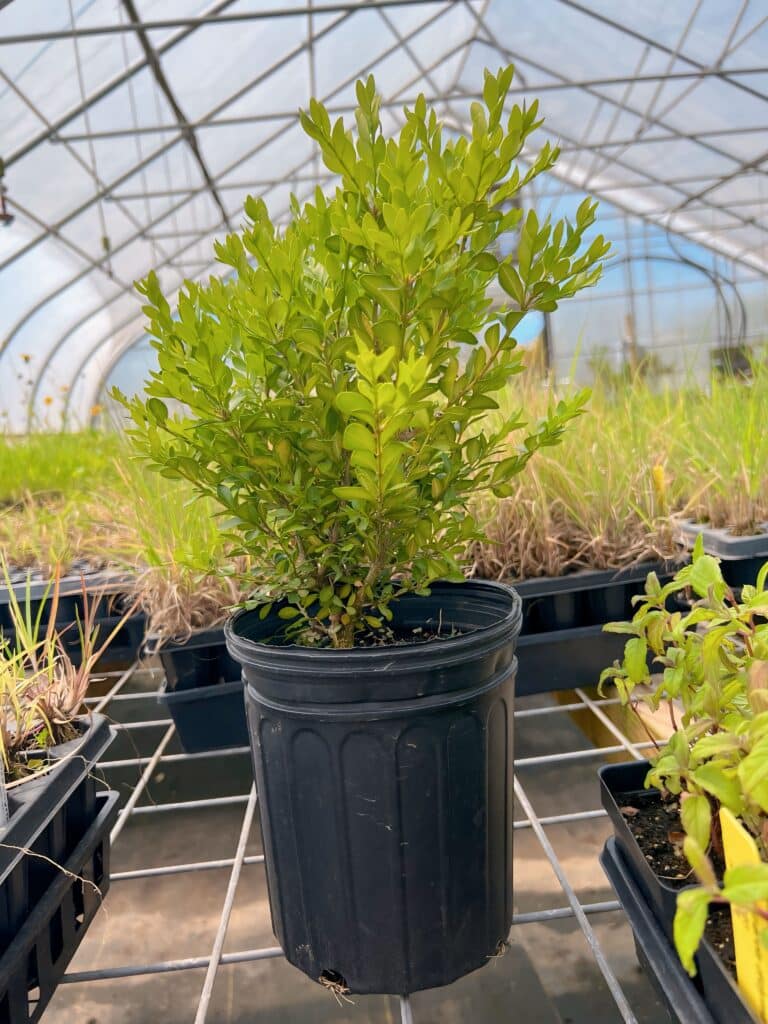
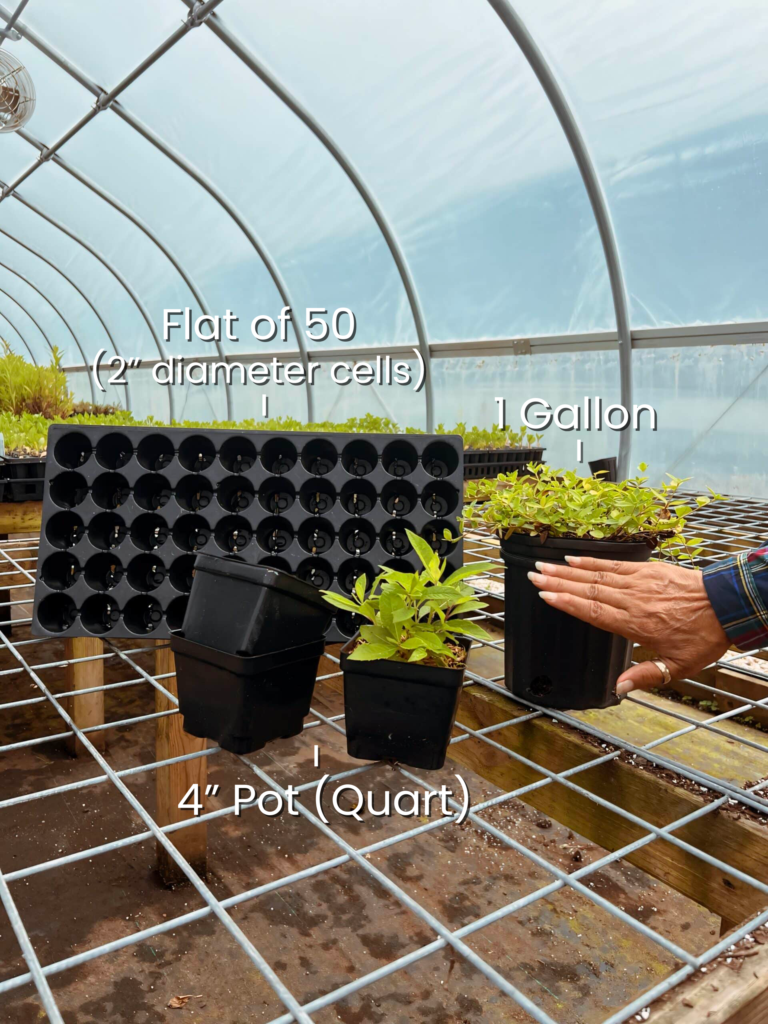
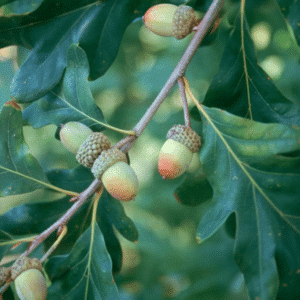
Ground shipping is paused due to summer heat. Only local delivery (Long Island & Queens) is available. Orders placed during the pause will begin processing September 1, and ground shipping will resume September 15.
| Size | |
|---|---|
| Common Name | |
| Type | |
| Family | |
| Native? | |
| Zone | 5, 6, 7, 8 |
| Height Range (ft.) | 15 to 30 |
| Spread (ft.) | 15 to 30 |
| Bloom Time | |
| Bloom Description | Pointed white floral bracts, Showy |
| Sun | |
| Water | |
| Maintenance | |
| Suggested Use | |
| Tolerate | |
| Growth Rate | |
| Attracts |
Cornus kousa, commonly known as Kousa Dogwood, is a small deciduous tree valued for its elegant branching habit, late spring blooms, and ornamental reliability. This species is native to East Asia and typically grows 15 to 25 feet tall and wide, developing a graceful, horizontal branching structure that makes it a popular specimen tree in residential landscapes.
In late spring, creamy white, star-shaped bracts appear after the foliage has fully emerged, extending the dogwood bloom season beyond that of native species. The flowers are followed by red, strawberry-like fruits in summer, which are primarily ornamental. In fall, the foliage often turns shades of red to purple, adding seasonal color. Its resistance to dogwood anthracnose and overall durability contribute to its continued use as an ornamental tree.
Kousa Dogwood grows best in full sun to part shade and prefers well-drained, slightly acidic soils. It adapts well to a variety of garden settings and requires minimal maintenance once established, though its ecological value is limited compared to native dogwoods.
Distinctive bloom timing: Flowers in late spring after leaves emerge
Ornamental appeal: Attractive branching, fruit, and fall color
Reliable performance: Tolerant and disease resistant in many landscapes
Sun exposure: Full sun to part shade
Soil needs: Prefers well-drained, slightly acidic soils
Maintenance: Low—prune in winter to shape or remove crossing branches
Specimen planting: Works well as a focal tree
Mixed borders: Complements shrubs and perennials
Urban landscapes: Adapts to a range of residential settings
Ornamental value: Provides seasonal interest
Low-input tree: Performs reliably with minimal care
Landscape structure: Adds form and presence to designed spaces
Cornus florida – Flowering Dogwood: Native tree with white or pink spring blooms, red fall berries, and strong value for pollinators and birds.
Cornus florida ‘Cherokee Princess’ – Cherokee Princess Dogwood: A native cultivar with large early white blooms and improved vigor.
Cornus florida ‘Cherokee Brave’ – Cherokee Brave Dogwood: Native cultivar with pinkish-red blooms, rich fall color, and excellent ecological benefits.
Plant appearance may vary by season and growing conditions. All plants ship healthy with established root systems.
/5
Total reviews
|
|
Persons recommended this product
Anonymous
Shopper
check_circle Verified
Shop owner replied
Was this helpful
Anonymous
Shopper
check_circle Verified
Shop owner replied
Was this helpful
There are no reviews yet.
Be the first to review “ ”
Your feedback helps us improve our service.
Please log in to submit a review.
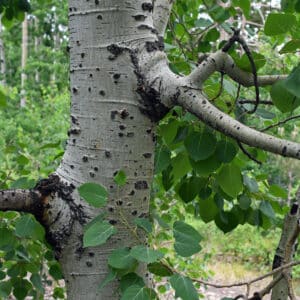
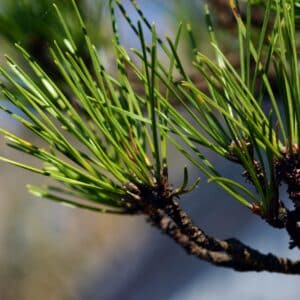
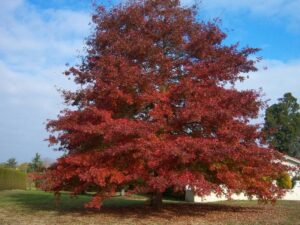
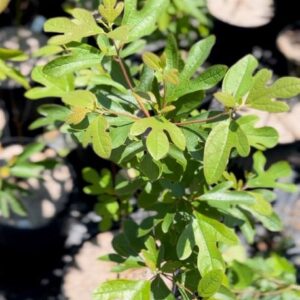
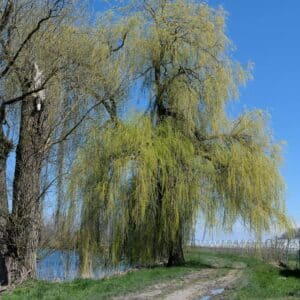
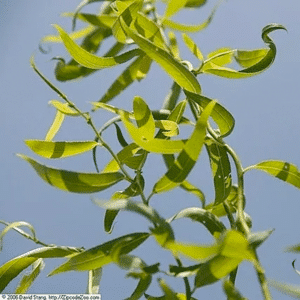
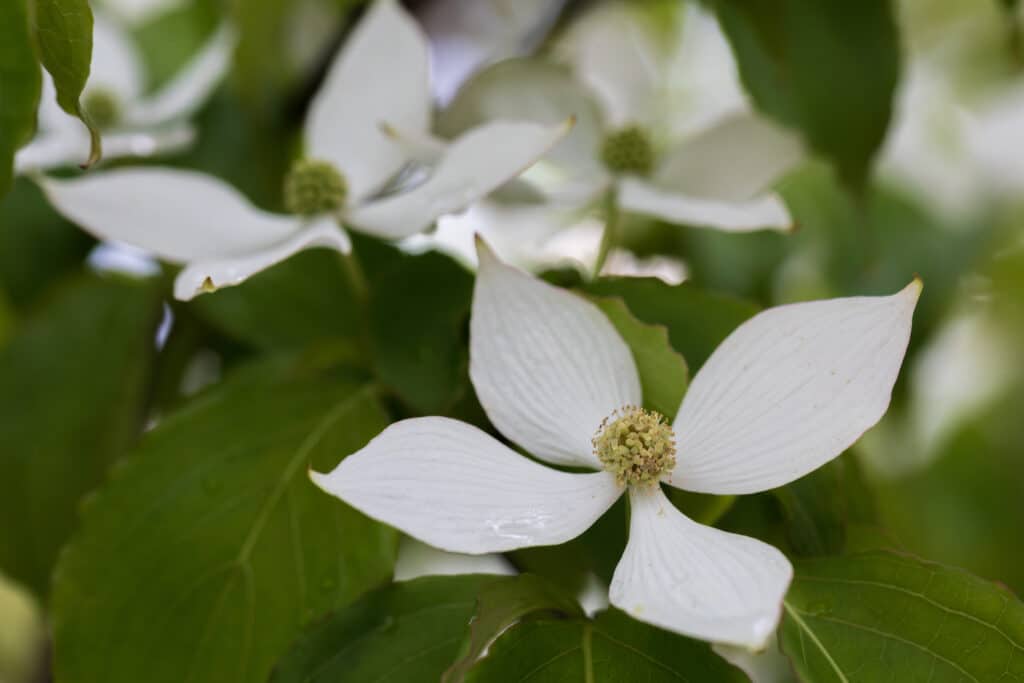
No. Cornus kousa is native to East Asia, including Japan, Korea, and China. While it is widely used in American landscapes for its ornamental value, it does not offer the same ecological benefits as native dogwoods like Cornus florida.
Kousa Dogwood blooms later in spring than native dogwoods and features pointed, star-shaped white bracts rather than the rounded ones of Cornus florida. It also has peeling, mottled bark for added winter interest and produces a round, raspberry-like fruit that is edible but mostly ornamental. Kousa is also more disease-resistant, especially to dogwood anthracnose.
Kousa Dogwood typically grows to a mature height of 15 to 30 feet with a spread of 15 to 25 feet. It has a layered, vase-like form when young that becomes more rounded with age, making it ideal as a focal or specimen tree.
Kousa Dogwood grows best in full sun to partial shade with moist, well-drained, slightly acidic soil. It is adaptable to a range of conditions, including urban settings, and is hardy in USDA zones 5 through 8. It benefits from consistent moisture, particularly during dry spells or establishment.
Kousa Dogwood does provide nectar for bees and its fruit is eaten by birds and small mammals, but it does not host native caterpillars or insects like native dogwoods do. It offers some wildlife value but is not as ecologically beneficial as native species.
Our gift cards make it easy to share the beauty of plants, flowers, and all things green. Whether for a special occasion or just because, give the gift of choice and let them select their favorites to create a garden they’ll cherish.
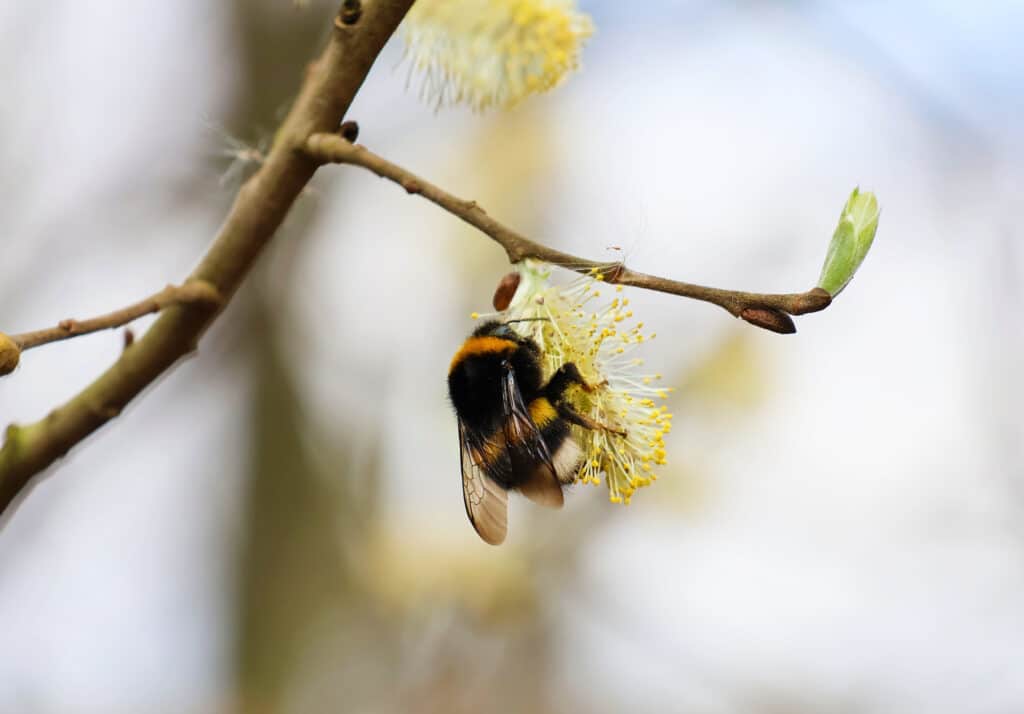
Only Local Delivery Available (Long Island & Queens)
Ground Shipping Paused
To protect our plants from extreme summer heat, we’ve paused nationwide ground shipping to avoid any damage during transit.
Local Delivery Only
We’re still delivering locally to Long Island and Queens, so nearby customers will continue to receive orders as usual.
Fall Pre-Orders Are Open Nationwide!
We will resume normal shipping for non-local orders placed during the pause in early September.
Thank you for your support and understanding—we’re looking forward to growing with you this fall!